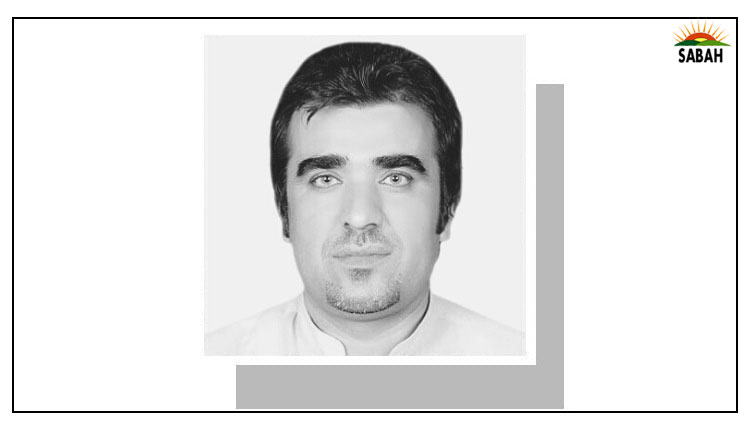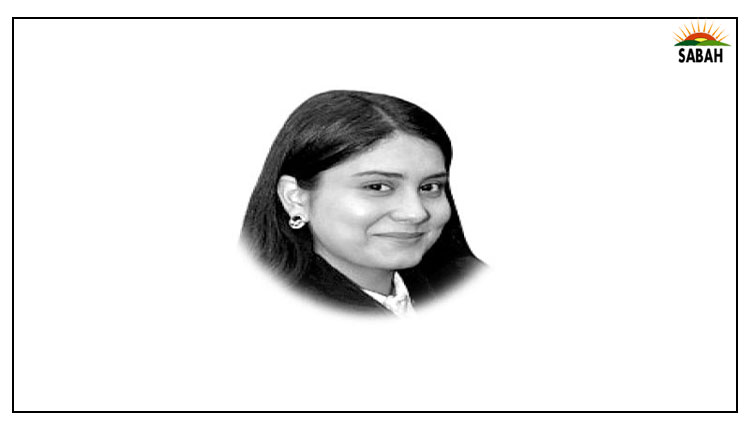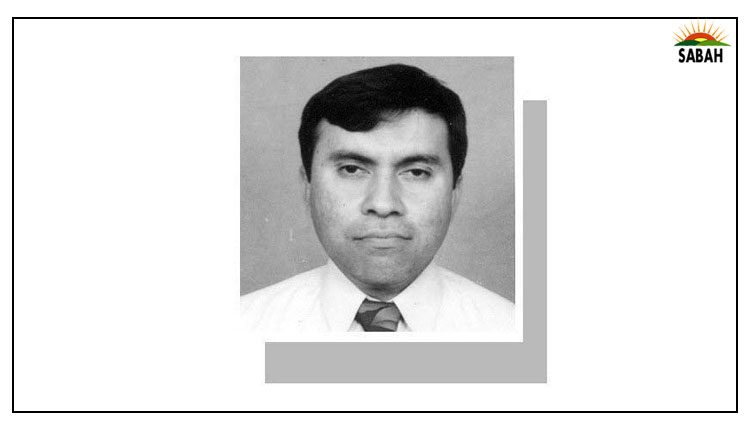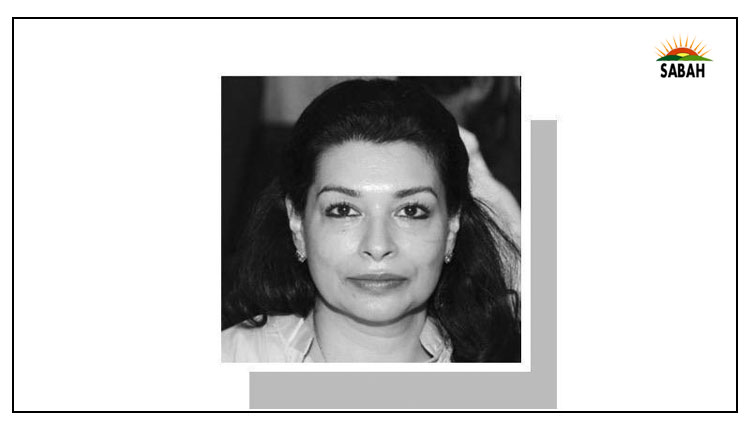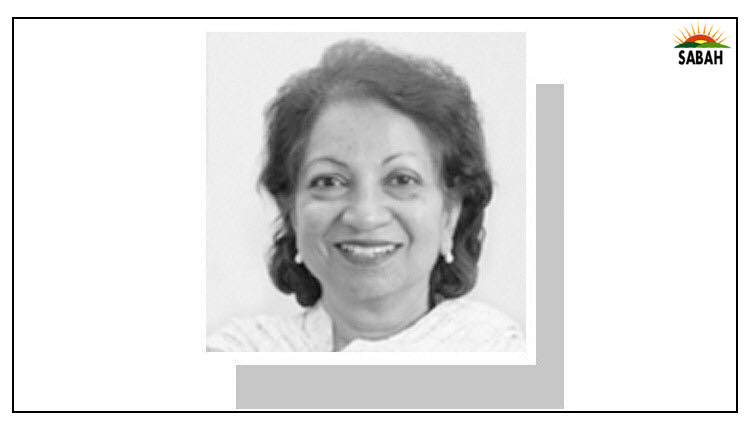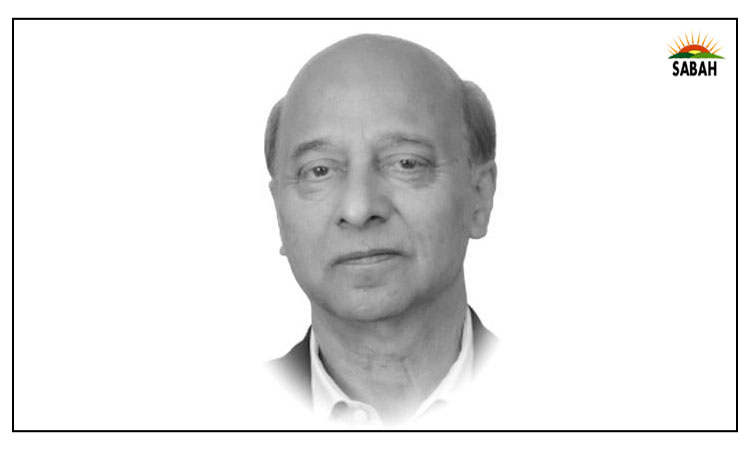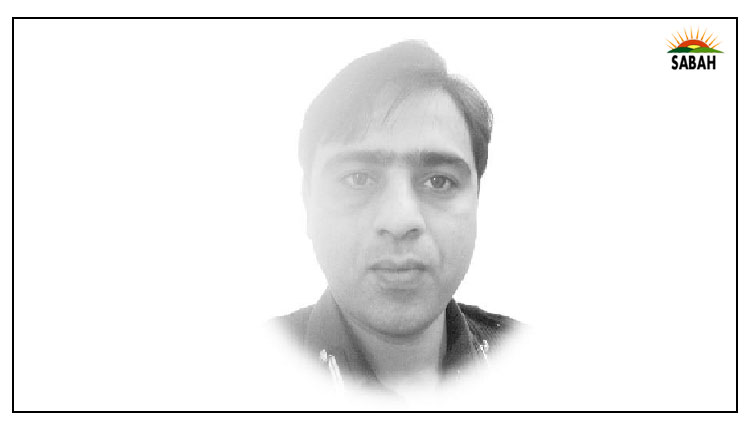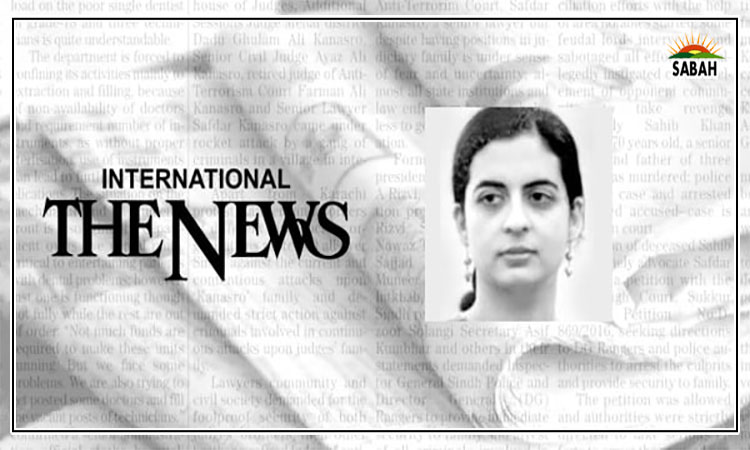Fake news, Palestine, and local response…Kamila Hyat
The situation in Palestine is horrifying. But at home there is considerable confusion about precisely what is happening and what should be said or done. In the first place our education system is so warped and so imperfect that many, even those who have attended schools for 10 years, do not quite know how to situate where the terrifying genocide that is taking place.
To add to this, there has been ‘fake’ news across social media. One video for example argues that 60 children were massacred in the US for being Muslims and Palestinians, whereas as far as we know from the mainstream media a six-year-old boy is so far the only victim of such killings. In the meantime, it is important to rely on facts and not on falsified news which adds different twists to the tragic story of the people of Palestine and the actions of Israel, backed of course by the US and other major Western powers.
We have also seen huge protests take place in London, Paris and other Western cities. The question can be asked as to why similar protests are not being seen in Karachi, Lahore, Faisalabad, Peshawar or other places within Pakistan. The answer is fairly easy. In the first place, no party has really attempted to educate its workers about what is happening in Palestine and the actions that are taking place or the history of conflict that began over 70 years ago.
Spokespersons and activists from religious parties have put out their protests but these are small compared to the size of the Pakistani population which numbers nearly 240 million. At least a proportion of these 240 million people would be expected to have taken to the streets to demand justice for the Palestinians and an end to the suffering inevitably caused by war and particularly by the brutality of this war with Palestinians being massacred every day as hospitals struggle to provide any kind of facilities at all and entire families are wiped out with every passing day.
It seems that in a horrifying declaration of the genocide of Jews during the Holocaust, during the Second World War, Israel is making an active attempt to simply wipe out the Palestinians. We can ask why Pakistanis are not more concerned about this. Even on university campuses and other places, there is limited action to be seen. Of course the dearth of student unions and discussion about current affairs among students who are encouraged to learn only by rote and kept away from controversial matters, even if this is not really a controversial matter at all, contributes to this.
But there is more to the story. As is the case with Kashmir, people are inevitably more focused on their own situation and the problems they face in acquiring daily items of use for their homes, including food. They are also bamboozled by the political scenario in their own country with so much uncertainty that no one can predict what is to happen in the future. At the same time, the videos of people who were picked up at various points continue to appear on television screens, adding to the divide among political activists that has created a new degree of tension in the country.
We need the media to step in. We need to educate people wisely and sensibly about all that is happening in the Middle East and why it is important to us. The media has so far played only a small role in explaining the history or suggesting solutions and instead concentrated only on attacking the violence unleashed by the Israeli troops. There’s justification in this but it is important for people to know more, and also to contribute to a broader, international debate on where possible solutions could lie. At the present time, given the reaction of Palestine’s neighbours, there seems to be no solution in sight at all.
Fake news has become part of the regular dose of information that people receive. Many do not bother to go to mainstream newspapers or websites to collect more accurate information. In this case, we also have a scenario where even major news agencies like Reuters have downplayed Israeli actions, and in fact lie in favour of a power that has the ability to crush its adversary in a few small steps. This simply contributes to the lack of clarity on an issue that people need to come together for. We know they have in other nations.
And even on Kashmir, if the truth is to be told, the fact is that many Pakistanis cannot be bothered about what is happening in that territory. The desperately poor in the country are more concerned about how they are to live themselves.
In this scenario it is not difficult to understand why they are also somewhat indifferent to Palestine even if the volley of news reports across social media has brought people to a situation where everyone is expressing opinions of various kinds. The overtures made to Israel by many Arab countries over the last months have confused matters. But there is of course a realization that things need to be managed in some way that can benefit the people of the small pieces of land which still lie with the Palestinians.
People also need to understand how a country where Palestinian Arabs lived happily for so many centuries was taken over and literally torn into pieces. They need to know about the people who still hold the keys of homes from which they were driven out and to which they will not ever return, by the look of things taking place at the present time. Political parties need to educate their activists. Of course there are other issues to think about as well.
But on the global scale, the conflict in the Middle East is the most major development of all and one that has a truly global impact. People need to recognize what it means and what they can do to at least show a degree of support for Palestinians. There have been vigils and other demonstrations against the killings in nations across the world. Many lie far further away from Palestine than is true of us. But there is still largely a wide silence, even if it is broken from time to time by cries of protest or discussions in news, which in some cases at least is truthful and verified by persons on the ground in the troubled territory far away to our West.
The writer is a freelance columnist and former newspaper editor. She can be reached at: kamilahyat@hotmail.com
Courtesy The News


